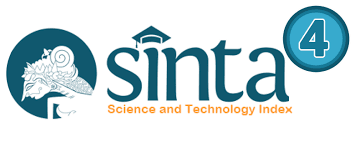PENDEKATAN HOLISTIK DALAM PERENCANAAN KURIKULUM UNTUK MENINGKATKAN KUALITAS PENDIDIKAN
DOI:
https://doi.org/10.34125/jmp.v10i2.435Keywords:
Kurikulum Holistik, Perencanaan Kurikulum, Kualitas Pendidikan, Pendidikan Abad 21, Pembelajaran Bermakna.Abstract
The holistic approach in curriculum planning is an innovative strategy in responding to the challenges of 21st century education. The purpose of this study is to analyze the implementation of a holistic approach in the curriculum planning process and examine its impact on improving the quality of education. This research uses a descriptive qualitative method, with content analysis techniques of various scientific literature and case studies of educational institutions that have implemented a holistic curriculum in the last five years. The results show that the holistic approach is able to increase student engagement, strengthen character, and encourage meaningful, contextual, and learner-centered learning. The holistically designed curriculum integrates cognitive, affective, and psychomotor aspects in a balanced manner, as well as considering cultural values and technological developments. The novelty of this research lies in the focus of its study on the curriculum planning process not only the implementation of learning which has been under-researched, especially in the context of Indonesian education. This research provides theoretical and practical contributions in the preparation of an educational curriculum that is more relevant, humane, and adaptive to the dynamics of the times.
Downloads
Published
How to Cite
Issue
Section
License
Copyright (c) 2025 Jurnal Manajemen Pendidikan

This work is licensed under a Creative Commons Attribution-ShareAlike 4.0 International License.














